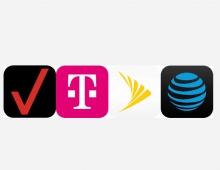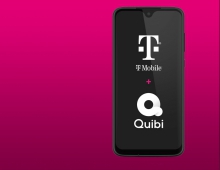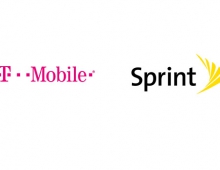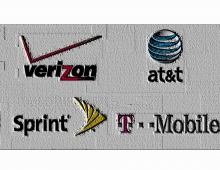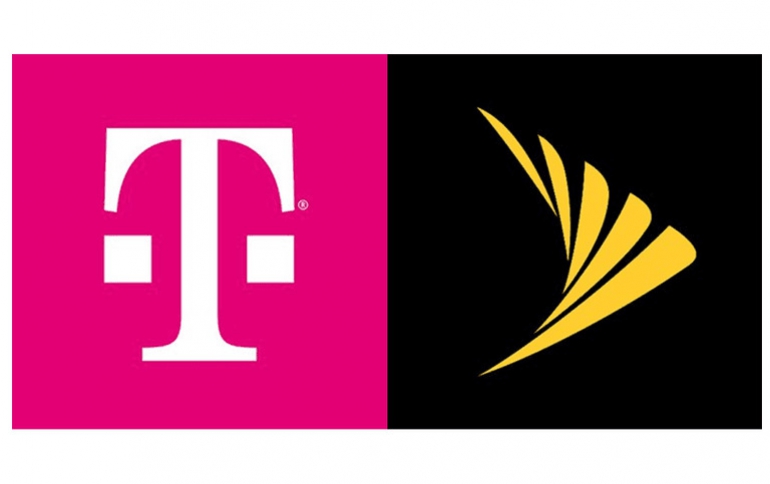
T-Mobile and Sprint Receive Clearance from Department of Justice for Merger to Create the New T-Mobile
Companies reach agreements with DISH to divest all Sprint's pre-paid businesses including Boost Mobile and Virgin Mobile, and Sprint’s 800 MHz spectrum licenses for aggregate proceeds of $5B
$43B in previously-announced synergies from T-Mobile/Sprint merger unchanged
T-Mobile US, Inc. and Sprint Corp. have taken an important step toward completing their proposed merger to create the New T-Mobile by entering into a consent decree with the U.S. Department of Justice (DOJ).
The DOJ action moves the merger one step closer to closing, pending other regulatory approvals and the satisfaction of other closing conditions.
The companies also announced agreements with DISH Network Corporation in which the combined T-Mobile and Sprint, as the proposed New T-Mobile, will divest Sprint’s prepaid businesses and Sprint’s 800 MHz spectrum assets to DISH. Additionally, upon the closing of the divestiture transaction, the companies will provide DISH wireless customers access to the New T-Mobile network for seven years and offer standard transition services arrangements to DISH during a transition period of up to three years. DISH will also have an option to take on leases for certain cell sites and retail locations that are decommissioned by the New T-Mobile, subject to any assignment restrictions. The transactions with DISH are contingent on the successful closing of T-Mobile’s merger with Sprint among other closing conditions.
"The T-Mobile and Sprint merger we announced last April will create a bigger and bolder competitor than ever before -- one that will deliver the most transformative 5G network in the country, lower prices, better quality, unmatched value and thousands of jobs, while unlocking an unprecedented $43B net present value in synergies. We are pleased that our previously announced target synergies, profitability and long-term cash generation have not changed," said T-Mobile CEO and New T-Mobile CEO John Legere.
“Today marks an incredibly important step forward for the New T-Mobile. We are ready to bring this supercharged Un-carrier to consumers and businesses across the country, and this milestone brings us much closer to making that vision a reality for customers everywhere!” said Legere. "Our goal was to ensure that the DOJ's concerns were addressed while enabling us to deliver on every aspect of the synergies we promised to unlock… and we did it. It may have taken longer than expected by some, but today's results are a win-win for everyone involved. We cannot wait to get to work bringing this pro-consumer, pro-competition New T-Mobile 5G network to U.S. customers from coast to coast!"
New T-Mobile and DISH Agreements
Effective upon the successful completion of T-Mobile’s merger with Sprint, the New T-Mobile will be committed to divest Sprint’s entire prepaid businesses including Boost Mobile, Virgin Mobile and Sprint-branded prepaid customers (excluding the Assurance brand Lifeline customers and the prepaid wireless customers of Shenandoah Telecommunications Company and Swiftel Communications, Inc.), to DISH for approximately $1.4 billion. These brands serve approximately 9.3 million customers in total.
With this agreement, Boost Mobile, Virgin Mobile, and Sprint-branded prepaid customers, as well as new DISH wireless customers, will have full access to the legacy Sprint network and the New T-Mobile network in a phased approach. Access to the New T-Mobile network will be through an MVNO arrangement, as well as through an Infrastructure MNO arrangement enabling roaming in certain areas until DISH’s 5G network is built out.
The New T-Mobile will offer standard transition services arrangements to DISH for up to three years following the close of the divestiture transaction. The transition services provided by the New T-Mobile will result in the orderly transfer of prepaid customers to DISH and will also ensure the continued and seamless operation of Boost Mobile, Virgin Mobile, and Sprint-branded prepaid businesses following transition to DISH's ownership.
DISH has agreed to acquire Sprint’s portfolio of nationwide 800 MHz spectrum for a total value of approximately $3.6 billion in a transaction to be completed, subject to certain additional closing conditions, following an application for FCC approval to be filed three years following the closing of T-Mobile’s merger with Sprint. This will permit the New T-Mobile to continue to serve legacy Sprint customers during network integration, pending later FCC approval of the license transfer. The companies have also entered into an agreement providing the New T-Mobile the option to lease back a portion of the spectrum sold to DISH for an additional two years following closing of the spectrum sale.
Following the closing of T-Mobile’s merger with Sprint and subsequent integration into the New T-Mobile, DISH will have the option to take on leases for certain cell sites and retail locations that are decommissioned by the New T-Mobile for five years following the closing of the divestiture transaction, subject to any assignment restrictions.
The companies have also committed to engage in good faith negotiations regarding the leasing of some or all of DISH’s 600 MHz spectrum to T-Mobile.
The Justice Department approval moves Sprint and T-Mobile a step closer to completing their $26.5 billion tie-up and gives the carriers a significant boost as they contend with a lawsuit by a group of states that say the deal should be blocked because it would harm consumers.
If the states decide to continue the litigation, they will have to convince a judge that the agreement with Dish to establish a new wireless carrier doesn’t go far enough to resolve competitive harm from the merger. That’s a tougher challenge than showing the merger alone is harmful.
The states wrote a New York judge late Thursday to complain about what they said is a lack of transparency around the planned Dish deal, which the states suspect may be arranged to “hobble” Dish as a competitor.
The combination of T-Mobile and Sprint, the No. 3 and No. 4 wireless carriers in the U.S., also has come under fire from lawmakers and consumer advocates who say it will lead to higher prices and less innovation in a market that is already concentrated. The deal leaves just two other national carriers: Verizon Communications Inc. and AT&T Inc.

